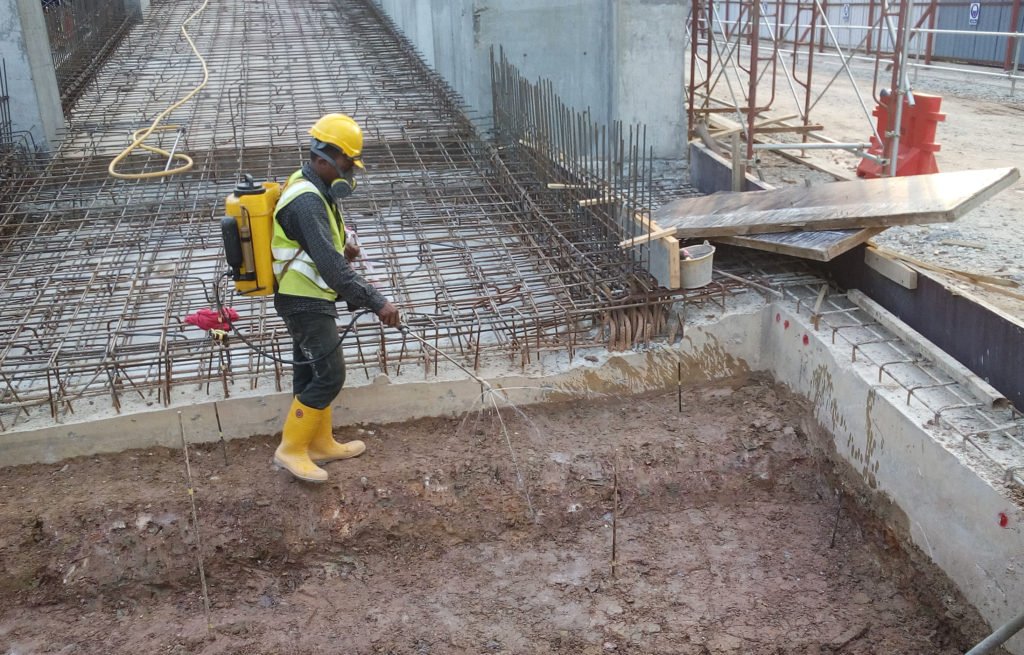
Pre-construction Treatment
Pre-construction treatment refers to a set of actions and considerations taken before the start of a construction project to address various aspects such as environmental, safety, and regulatory requirements.
These pre-construction treatments are essential to ensure that the construction process proceeds smoothly and that the resulting structure is safe and compliant. Here are key components of pre-construction treatment:
Site Assessment: A thorough assessment of the construction site is crucial. This includes soil testing, environmental impact assessments, and geological surveys. Understanding the site's conditions helps in planning and design.
Permitting and Regulatory Compliance: Ensure that all necessary permits and approvals from local, state, and federal authorities are obtained. Compliance with zoning regulations, environmental regulations, and building codes is vital.
Environmental Considerations: Address environmental concerns before construction begins. This may involve wetland assessments, wildlife habitat protection, and erosion control measures to prevent soil and water contamination.
Utility Location: Identify and mark the locations of existing utilities such as gas, water, electricity, and telecommunications lines. This prevents accidents and costly damage during construction.
Safety Measures: Develop a comprehensive safety plan that outlines safety measures, equipment, and procedures to protect workers and the public during construction. Safety training and equipment should be provided.
Geotechnical Analysis: Understand the soil and ground conditions through geotechnical analysis. This is crucial for foundation design and structural stability.
Construction Sequence and Planning: Develop a detailed construction plan that outlines the sequence of activities, resource allocation, and timeline. This plan should consider the logistics of materials delivery and waste disposal.
Environmental Mitigation: If the construction project impacts the environment, mitigation measures should be planned. This could involve reforestation, habitat restoration, or other actions to offset environmental damage.
Budgeting and Financing: Create a budget for the project, considering all costs, including materials, labor, permits, and unforeseen contingencies. Secure financing if necessary.
Contractual Agreements: Draft contracts with subcontractors and suppliers, outlining terms and conditions, responsibilities, and payment schedules. Legal and financial matters should be addressed.
Risk Assessment: Identify potential risks and challenges associated with the project and develop strategies for mitigating them. This may include contingency planning for unforeseen delays or cost overruns.
Community Engagement: If the construction project impacts the local community, engage with stakeholders through public meetings, communication, and addressing their concerns. This can help build goodwill and avoid conflicts.
Logistics and Site Management: Establish an on-site management system to coordinate activities, monitor progress, and ensure that the project stays on schedule and within budget.
Quality Control: Implement quality control measures to ensure that construction materials and workmanship meet the required standards and specifications.
Environmental and Safety Training: Provide training for construction workers on environmental protection, safety procedures, and best practices to minimize environmental impact and ensure safety.
Pre-construction treatment is a critical phase in any construction project. Proper planning and assessment at this stage can help avoid costly delays, legal issues, safety hazards, and environmental damage. It sets the foundation for a successful and well-managed construction project.